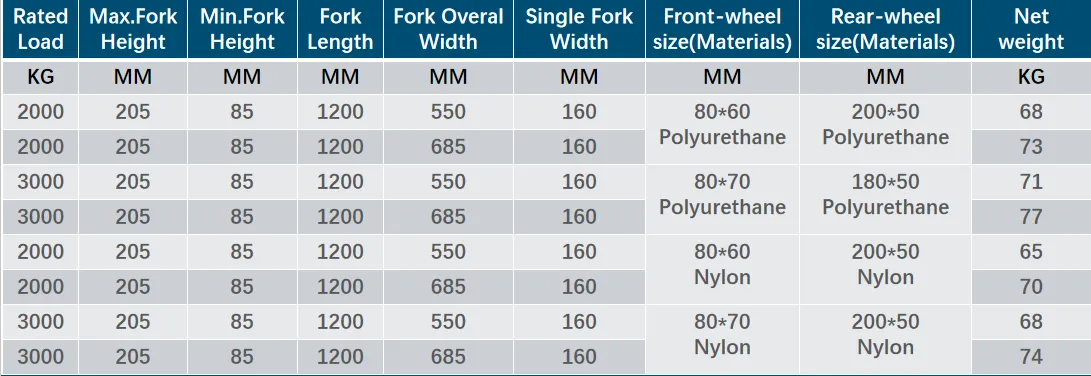Innovative Technologies in Roller Machinery for Enhanced Industrial Performance
Understanding Roller Machinery Its Importance and Applications
Roller machinery plays a crucial role in various industries, providing the essential functions needed for a wide range of applications. From manufacturing processes to construction, roller machinery has made significant advancements, leading to increased efficiency and productivity. This article will explore the different types of roller machinery, their applications, benefits, and the technological advancements shaping their future.
What is Roller Machinery?
Roller machinery refers to a category of equipment that utilizes cylindrical rollers to accomplish tasks such as compacting, crushing, or processing materials. Common types of roller machinery include road rollers, roller mills, and conveyor rollers, each designed to serve specific purposes across various sectors.
Types of Roller Machinery
1. Road Rollers These heavy machines are typically used in the construction and civil engineering sectors for compacting soil, asphalt, or gravel. They are essential in the preparation of surfaces for roads, parking lots, and other infrastructure projects. Road rollers come in various types, including static, vibratory, and pneumatic rollers, each suited for different applications and terrains.
2. Roller Mills Often found in the food processing and agricultural industries, roller mills are used for grinding grain, producing flour, and processing various solid materials. The design of roller mills allows for a finer and more consistent product, making them an indispensable tool in food production.
3. Conveyor Rollers These are vital components in material handling systems across industries like logistics, manufacturing, and mining. Conveyor rollers facilitate the efficient transport of goods across conveyor belts, reducing manual labor and increasing throughput.
Applications of Roller Machinery
Roller machinery is integral to multiple sectors, showcasing its versatility
- Construction and Civil Engineering The use of road rollers in laying roads and preparing construction sites ensures stability and durability in infrastructure projects. - Agriculture Roller mills facilitate the efficient processing of grains, improving the food supply chain and contributing to food security.
- Mining and Material Handling Conveyor rollers enable the movement of heavy materials with minimal effort, enhancing efficiency and safety in mining operations.
roller machinery

- Manufacturing In factories, roller machinery is often employed in various processes, such as the production of rubber products, textiles, and metalworking.
Benefits of Roller Machinery
The use of roller machinery provides numerous advantages, including
- Increased Efficiency Roller machinery can perform tasks faster and more efficiently than manual methods, leading to shorter production times and lower labor costs.
- Precision and Consistency Machines like roller mills offer high levels of precision in grinding and processing materials, ensuring product quality.
- Operator Safety By mechanizing dangerous or labor-intensive tasks, roller machinery reduces the risk of injuries and enhances workplace safety.
- Adaptability With various types of roller machinery available, businesses can select equipment tailored to their specific needs, making them adaptable to different industries and applications.
Technological Advancements
The roller machinery industry has seen significant technological advancements over the years. Modern roller machines are equipped with sophisticated control systems, automation, and monitoring technologies that enhance their performance. Innovations such as GPS and telematics are now commonly used in road rollers to optimize compaction processes and improve accuracy. Similarly, the integration of IoT technologies in conveyor systems allows for real-time monitoring and predictive maintenance, minimizing downtime and maintenance costs.
Conclusion
In summary, roller machinery is a vital component in numerous sectors, facilitating efficiency and productivity. From road construction to food processing, the applications of roller machinery are vast and varied. As technology continues to advance, we can expect even greater improvements in performance, safety, and operational efficiency. This ongoing evolution will undoubtedly further solidify the importance of roller machinery in a rapidly changing industrial landscape.
-
Unlock Seamless Relocation with Our Heavy Equipment Moving ExpertiseNewsJun.06,2025
-
Unleash Unrivaled Flexibility with Our Adjustable Gantry CraneNewsJun.06,2025
-
Unleash Heavy-Duty Efficiency with Our Industrial Gantry Crane SolutionsNewsJun.06,2025
-
Revolutionize Steel Handling with Our Magnetic Lifter RangeNewsJun.06,2025
-
Master Equipment Mobility with Premium Machinery Mover SolutionsNewsJun.06,2025
-
Elevate Your Material Handling with Magnetic Lifter TechnologyNewsJun.06,2025
-
YS Permanent Lifting Magnets: The Smarter Way to Handle SteelNewsMay.22,2025
